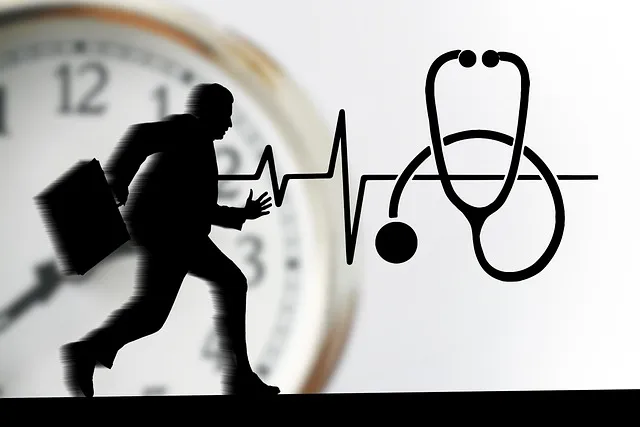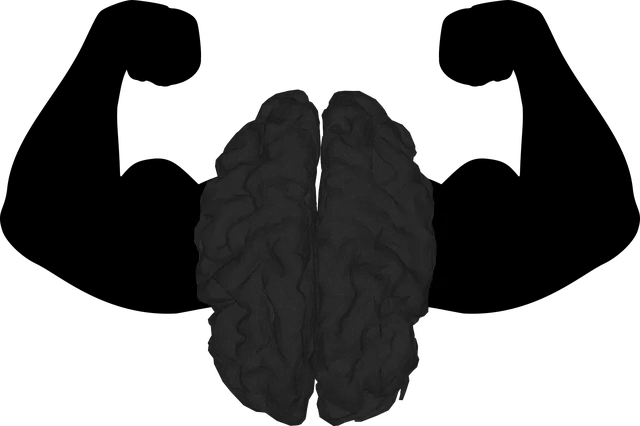Northglenn Kaiser mental health programs have developed innovative, user-friendly self-assessment tools that democratize mental healthcare, empowering individuals to proactively manage stress and anxiety through evidence-based practices integrated with technology. These tools, which leverage personalized evaluations, cultural sensitivity, and techniques like Compassion Cultivation Practices (CCP) and Self-Care Routine Development, offer comprehensive assessments and tailored interventions to enhance mental wellness. Continuous improvement is driven by regular evaluation, clear goals, user feedback, and tracking key performance indicators to ensure the tools remain relevant and beneficial for diverse emotional journeys.
Mental wellness self-assessment tools play a pivotal role in promoting individual well-being. This article explores the crucial need for such tools in mental healthcare, focusing on developing effective assessments that empower individuals to track and improve their mental health. We delve into best practices and highlight successful integration of Northglenn Kaiser’s comprehensive mental health programs into these self-assessments. Additionally, we discuss strategies for measuring success and ensuring continuous improvement in mental wellness tracking.
- Understanding the Need for Self-Assessment Tools in Mental Health
- Developing Effective Mental Wellness Assessment Tools
- Integrating Northglenn Kaiser's Mental Health Programs into Self-Assessments
- Measuring Success and Continuous Improvement in Mental Wellness Tracking
Understanding the Need for Self-Assessment Tools in Mental Health

In today’s fast-paced world, prioritizing mental wellness is more crucial than ever. Tools that enable individuals to assess their own mental health status play a pivotal role in early intervention and prevention strategies. Northglenn Kaiser mental health programs recognize this need and have been at the forefront of developing innovative self-assessment tools. These tools democratize mental healthcare by providing accessible, user-friendly methods for individuals to evaluate their emotional well-being. By empowering people with knowledge about their mental state, these assessments foster proactive management of stress, anxiety, and other common mental health concerns.
The development of effective self-assessment tools is not just about creating questionnaires; it involves integrating evidence-based practices and leveraging the power of technology. Public Awareness Campaigns Development and Mental Wellness Coaching Programs can benefit from these tools by offering personalized guidance and recommendations based on assessment results. Incorporating Mind Over Matter Principles into such assessments can help individuals cultivate resilience, improve coping mechanisms, and promote overall mental wellness.
Developing Effective Mental Wellness Assessment Tools

Developing effective mental wellness assessment tools is a multifaceted process that requires careful consideration of various factors. At Northglenn Kaiser mental health programs, we understand that each individual’s journey to mental well-being is unique. Therefore, our assessment tools are designed with flexibility in mind, allowing for personalized evaluations that cater to diverse needs and backgrounds. We integrate evidence-based methodologies while incorporating cultural sensitivity in mental healthcare practice, ensuring that the assessments are inclusive and valid for all populations.
These tools should not only identify current mental health status but also provide insights into potential areas of concern, such as mood management, anxiety, or positive thinking. By utilizing a combination of self-report questionnaires, clinical interviews, and observational techniques, we strive to create comprehensive assessments that facilitate informed decision-making and tailored interventions. The ultimate goal is to empower individuals with the knowledge and strategies necessary for maintaining and improving their mental wellness.
Integrating Northglenn Kaiser's Mental Health Programs into Self-Assessments

Integrating Northglenn Kaiser’s comprehensive mental health programs into self-assessment tools can significantly enhance their effectiveness and accessibility. These programs, known for their innovative approach to mental wellness, offer valuable resources such as Compassion Cultivation Practices (CCP) that foster empathy and resilience. By incorporating CCP into self-assessments, individuals can gain a deeper understanding of their emotional responses and cultivate a more compassionate mindset.
Furthermore, Northglenn Kaiser emphasizes Self-Care Routine Development for Better Mental Health, providing practical strategies to manage stress and promote overall well-being. Integrating these practices into self-assessment frameworks allows users to reflect on their current self-care habits and identify areas where they can enhance their routines. This holistic approach not only improves mental health but also boosts confidence, as individuals take charge of their emotional well-being through consistent self-reflection and proactive measures.
Measuring Success and Continuous Improvement in Mental Wellness Tracking

Measuring success and driving continuous improvement are vital components of any mental wellness tracking initiative, especially when developing tools like those offered by Northglenn Kaiser Mental Health Programs. To ensure effectiveness, regular evaluation is essential. This involves setting clear goals and metrics that align with the program’s objectives, whether it’s reducing the stigma associated with mental illness, enhancing emotional regulation, or teaching conflict resolution techniques. By tracking user engagement, feedback, and outcomes, developers can identify what works best and make data-driven adjustments.
For instance, Northglenn Kaiser could use surveys to gather user input on their experience, analyzing responses to pinpoint areas needing improvement. Additionally, monitoring key performance indicators (KPIs) such as the frequency of tool usage or changes in reported emotional well-being over time can demonstrate the program’s impact. These insights facilitate ongoing refinement, ensuring that mental wellness tracking tools remain relevant, engaging, and beneficial for users navigating their emotional journeys.
The development of mental wellness self-assessment tools is a vital step towards empowering individuals to take charge of their mental health. By incorporating evidence-based practices, such as those offered by Northglenn Kaiser’s mental health programs, we can create accessible and effective resources. These tools enable people to regularly monitor their mental well-being, identify potential issues early on, and make informed decisions regarding their care. Continuous improvement in this area ensures that individuals have the means to navigate and enhance their mental health journeys effectively.






